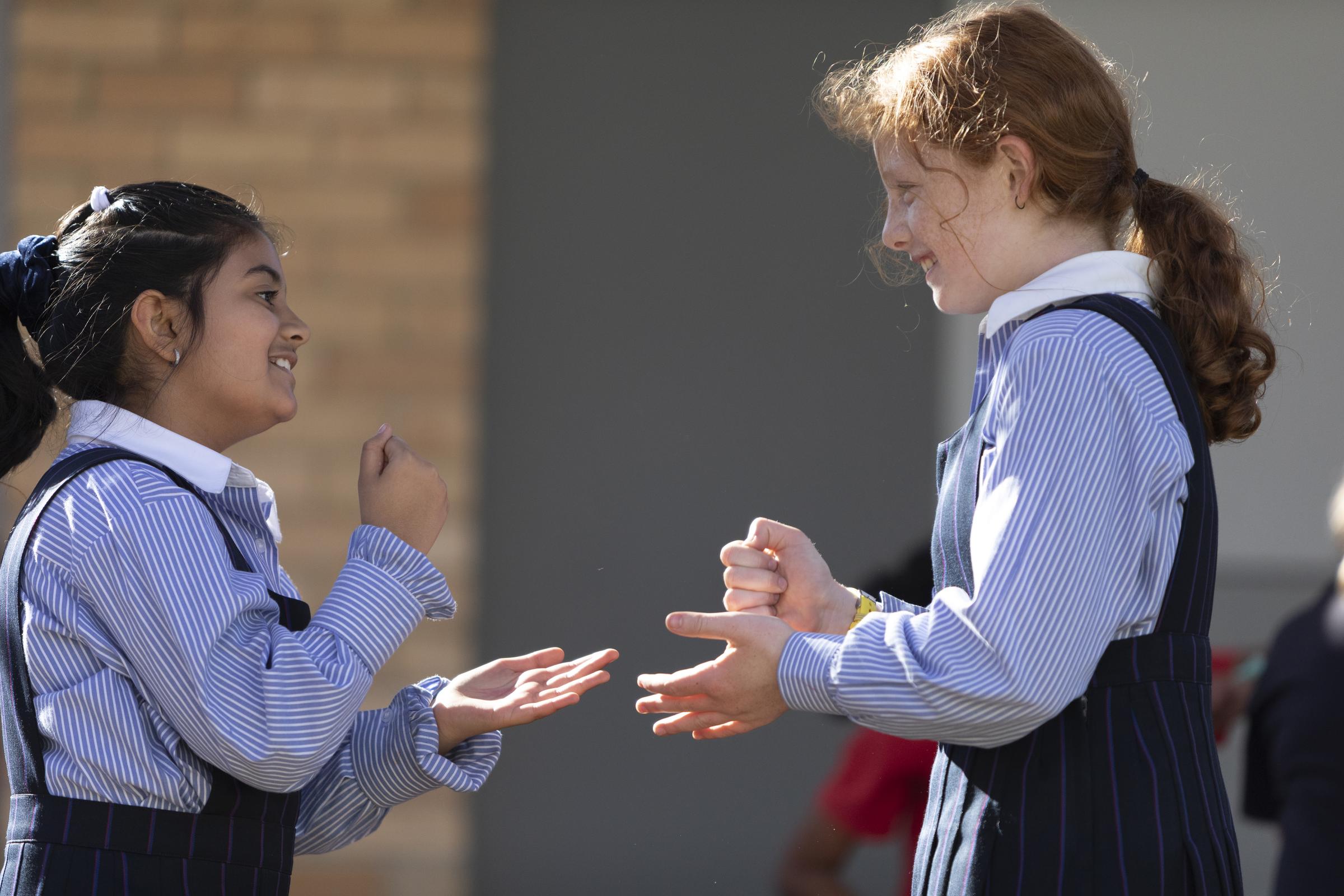Hope During Lockdown

Hope during lockdown
Sally Kenney, School Psychologist
Over the past couple of weeks, there is one sentence I've heard so many times that I’ve lost count - 'This one has hit me harder.'
What is it about lockdown six, 'the August one', that seems to be hitting everyone so hard? Are we actually feeling worse than in previous lockdowns, or did we, after six beautiful months of COVID-free reverie, just forget how hard lockdown can feel?
Last weekend, in the late winter sunshine, we held takeaway coffee cups of hope in our hands as we walked around parks, along shorelines and rivers and in endless loops around our neighbourhoods. But just days later, came the announcement that curfews and restrictions were back.
How do we hold onto hope when so much seems uncertain, and the ‘end to all this’ remains elusive?
Hope is a key component to wellbeing; indeed, hopelessness is one of the defining characteristics of depression. Psychologist and founder of the positive psychology movement, Dr Martin Seligman, writes and speaks about hope and says that we are wired to think about the future: 'human perception is a hallucination about what is supposed to happen next.'
Seligman points out that the brains we inherited are the catastrophising brains; we had to imagine the worst thing that might happen and then plan our actions to survive it. For our young people imagining their futures at the moment, there are many worse-case scenarios that seem anywhere from possible to inevitable. It can be hard to feel hopeful.
Drawing on extensive positive psychology research, Seligman reassures us that hope can indeed be possible, even in uncertain situations. Here are some tips about how families can help at home.
TIPS FOR FAMILIES TO HELP AT HOME
Scrap the platitudes
Professor Patrick McGorry, psychiatrist and executive director of Orygen youth mental health, spoke recently to the ABC and cautioned against an approach that focuses on platitudes at the expense of acknowledging 'the reality of the severe loss of wellbeing' for many in our community.
If we are to imagine a way that things can get better – to have hope – we need acknowledge where we are first. 'You’ve got to be able to experience how you feel.' Allow your children to vent, share and express their emotions about what is happening in their world without being too quick to offer an alternative perspective.
Go back to basics
McGorry reminds us that one of the hardest impact of lockdown is that they can cut us off from the sources of wellbeing that we have come to rely on, like meals out with friends, sessions at the gym or community sport.
He encourages us to focus on smaller time frames and find things that can make us feel good in the short term, like watching a movie, playing a board game, or building a cubby in the loungeroom.
Give to others
There is plenty of social psychology research that tells us that acts of kindness benefit three groups: the giver, the receiver and those who witness acts of kindness.
Baking treats for your friends, paying for the next person’s coffee when you stop by your local café, taking in your neighbour’s bins; there are lots of ways to show kindness to those around us. Set a family challenge for everyone to do a kind thing each day and report back at dinner time.
Look for the helpers
Fred Rogers is often quoted as saying 'when I was a boy and I would see scary things in the news, my mother would say to me, 'Look for the helpers. You will always find people who are helping.'
Discuss this with your children: who are the helpers in this pandemic? Watch this video from this year's Wimbledon where the centre court crowd gave a minute-long standing ovation to scientists who worked on developing COVID vaccines and health care workers.
Talk about the hope that comes from knowing that at this moment, all around the world, so many people are working together to beat this for us.
Good news stories
The nightly news is overwhelming but there are plenty of sources of good news that you can share with your children.
The ABC has a page dedicated to Good News, with stories from around the country. CNN has a weekly newsletter called The Good Stuff that is full of fascinating discoveries, everyday heroes and inspiring moments.
Another site to check out is the Good News Network. It features hope-inspiring stories such as a cat leading rescuers to its trapped owner or a project that has brought Kiwis back from the brink of extinction in New Zealand, amongst other stories.
Celebrate little wins
A nightly ritual that has taken hold in our house is the daily highlights. Every night over dinner we share our favourite part of the day, no matter what has happened in the lead-up to sitting down.
Making time to share the little wins or moments of pleasure can be an antidote to the doom and gloom that can seep in if we let it. It reminds us to have hope, that even on a bad day where everything seems to have gone wrong, you can still find some joy, even if it’s as simple as 'I love these enchiladas.'



